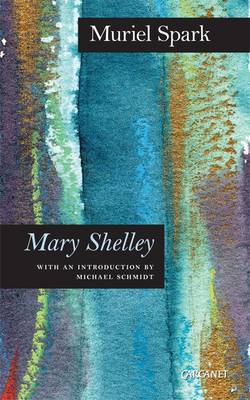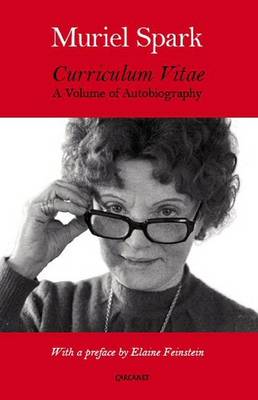Biography & Memoirs
2 total works
In the summer of 1816, aged nineteen, Mary Shelley wrote Frankenstein. A pioneering work of science fiction, it captured the popular imagination from the start. The daughter of radical philosopher William Godwin and pioneering feminist Mary Wollstonecraft, Mary Shelley lived an unconventional life marred by tragedy. At sixteen she scandalised England by eloping with her married lover, the poet Percy Bysshe Shelley, but was widowed after only a few years when he drowned. She survived him by nearly thirty years, supporting herself and their one surviving son largely by the pen. Muriel Spark had a lifelong fascination with Mary Shelley. She published her first book on her in 1951, then spent decades revising and refining it. It is reissued here with previously unpublished material. Spark paints an engaging portrait of a complex and misunderstood figure. She divides her study into parts, 'Biographical' and 'Critical'. A sympathetic account of Shelley's life is followed by critical studies of her major literary works.
Spark's abridgement of Shelley's uneven apocalyptic novel The Last Man is included here, while her initial scheme for the book and her later preface, in which she reflects on her own subsequent career as a novelist, are added. This is a fascinating study of Mary Shelley's life and work. It also provides valuable insight into the critical and creative development of Muriel Spark.
Spark's abridgement of Shelley's uneven apocalyptic novel The Last Man is included here, while her initial scheme for the book and her later preface, in which she reflects on her own subsequent career as a novelist, are added. This is a fascinating study of Mary Shelley's life and work. It also provides valuable insight into the critical and creative development of Muriel Spark.
Muriel Spark in the autobiography traces how one of the great modern writers in English emerged. Beginning with luminous evocations of a 1920s childhood in Edinburgh and memories of school, taught by the original Miss Jean Brodie, Spark recalls her formative years, up to the publication of her first novel in 1957. `In order to write about life as I intended to do, I felt I had first to live,' Spark says. In her account of her unhappy marriage in colonial Africa, her return to wartime London on a troop ship, working at the Foreign Office as one of the `girls of slender means', editing Poetry Review and her conversion to Catholicism, Muriel Spark outlines the life that provided material for some of the best-loved novels of the twentieth century.

